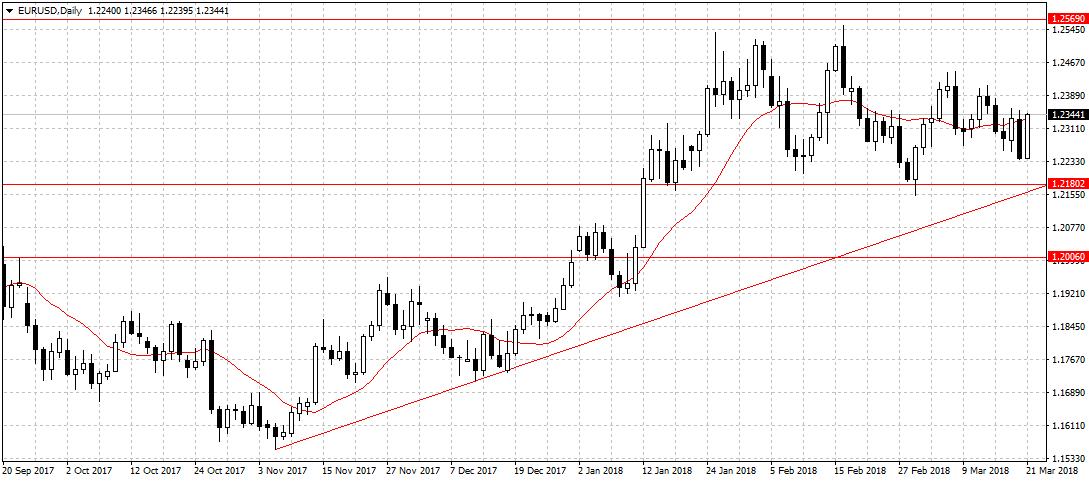- FED Raises Rates by 25 Basis Points
The Federal Open Market Committee raised interest rates from 1.5 percent to 1.75 percent on Wednesday, citing strong economic outlook.
The Federal Reserve projected interest rate of 2.9 percent by the end of next year, suggesting three rate hikes in 2019. Higher than two hikes previously predicted in December. Also, the central bank saw rate at 3.4 percent in 2020, up from 3.1 percent previously projected.
Similarly, the Fed is expecting inflation to pick up in coming months, saying price gain is likely to stabilize around the Fed’s 2 percent target over the medium term. The Fed’s preferred gauge for inflation has risen by 1.7 percent in the last one year and expected to rise to 2 percent in 2019 and 2.1 percent in 2020.
The economic projection for 2017 was revised up to 2.7 percent from 2.5 percent published in December, another indication of strong economic fundamentals and confidence in the U.S economy despite the recent dip in retail numbers.
Also, the central bank believed the strong job creation will continue to support economic growth and eventually aid the sluggish wage growth hurting household spending as the tightness in the labor market is likely to force businesses to pay more to attract and retain new employees.
“Job gains have been strong in recent months, and the unemployment rate has stayed low,” the FOMC said. The statement said that household spending and business investment “have moderated” from strong fourth-quarter readings.

The dollar declined against the euro currency to trade at $1.2344. Partly because of the rush for fixed income market and capital flight to Europe due to political uncertainty in the U.S.